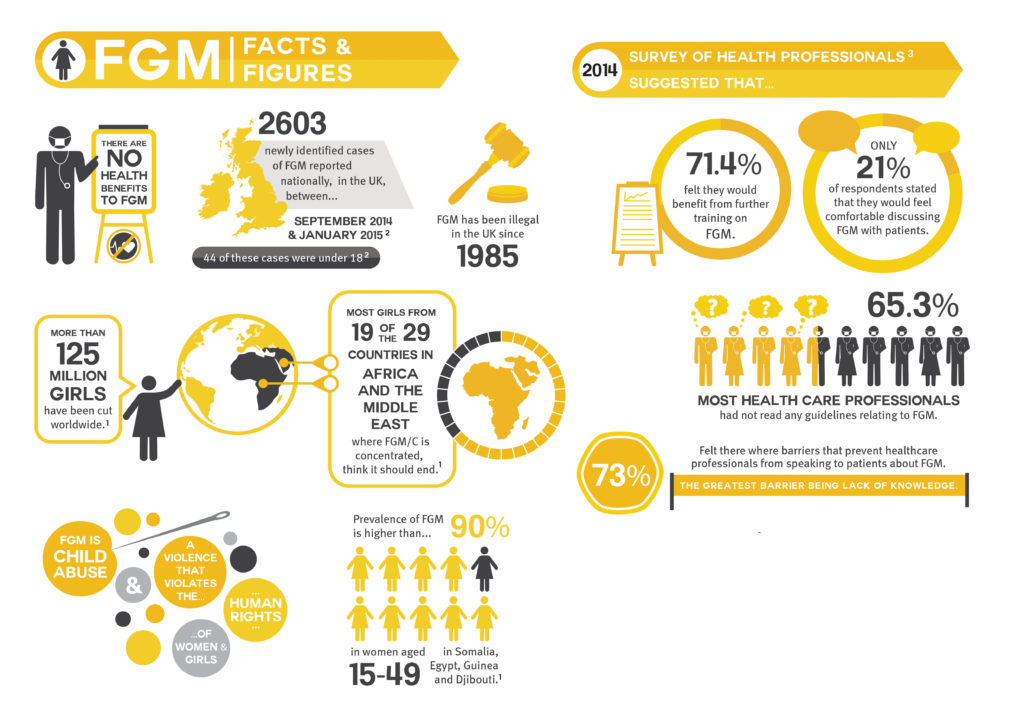Religious & Cultural Beliefs or Rituals
Differences in culture are often a beautiful thing. The uniqueness of each individual people group and religious system can be found within the rituals and beliefs that define them. Sometimes, however, there are beliefs and rituals within certain groups that are held as customary to them, but are actually unethical or oppressive.
For instance, within the fundamentalist Muslim community, rape of minors and adult women, female genital mutilation, and strict rules on what women can wear, say, or do are commonplace. Additionally, among Hindu culture and in fundamentalist Christian communities, arranged or coerced marriage is viewed as the standard procedure for couples. Even non-religious groups like the Yoruba People in Nigeria ritualistically cut the bodies and faces of their children in a practice called scarification.

And, in some of those circumstances, women and men alike are complicit in the perpetuation of those practices. But we cannot confuse complicit individuals with consenting individuals. The structures of these religious and cultural groups can function in ways that either coerce women and children to accommodate the rituals or beliefs in order to avoid the consequences, or convince members to comply out of duty.
Coerced members of these groups and non-consenting children should not have to endure practices that cause pain, permanent harm, or irreparable damage to their minds or bodies in order to maintain good standing in their culture or religion. Practices like female genital mutilation and forced scarification are injustices that should be banned worldwide.